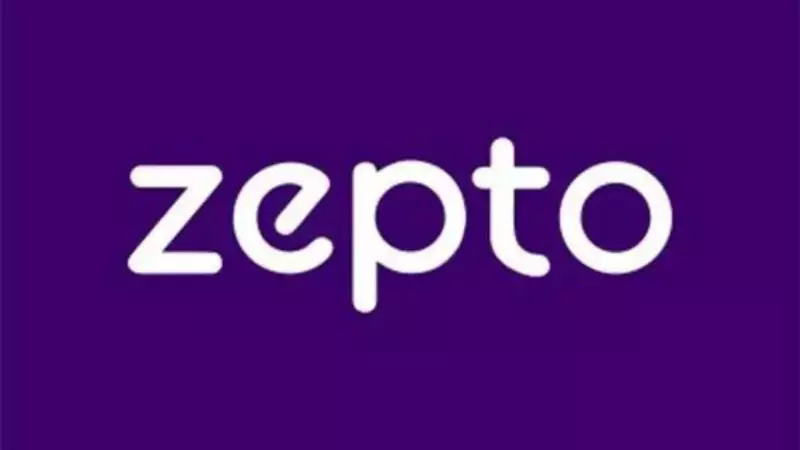
In a revealing session at the Bengaluru Tech Summit, Zepto cofounder and CTO Kaivalya Vohra shared compelling insights about why the quick-commerce giant consolidated its entire operations in Bengaluru, calling the city's technology talent "unmatched" and central to the company's massive scale-up strategy.
The Bengaluru Advantage: Why India's Silicon Valley Won
Vohra, who moved to Bengaluru in 2021, personally championed the relocation of Zepto's operations from Mumbai. The 23-year-old tech whiz revealed that he successfully convinced his cofounder Aadit Palicha and the entire team to shift operations fully to Bengaluru by November 2024. "I love the city… I don't think there is any other city that is as talented," Vohra stated emphatically, adding that Bengaluru has been his home for four years and continues to impress with its deep pool of technical expertise.
The Accidental Discovery That Changed Everything
Vohra took attendees on a journey back to Zepto's early days, recounting how the ultra-fast delivery concept emerged almost by accident. During their initial 45-60 minute grocery delivery prototype in 2021, the founders noticed something remarkable: a small group of users living near supermarkets were receiving orders in just 10-15 minutes, and their behavior was dramatically different from other customers.
"Those customers had the highest retention, word of mouth, frequency," Vohra recalled. This observation sparked an innovative experiment where the team converted one supermarket into a makeshift dark store. The founders stood inside it for days, hand-delivering orders to observe customer reactions firsthand.
Vohra described the magical moment that convinced them they were onto something big: "Every doorbell we rang… it was just such a magical reaction. That feeling is what we were chasing."
Building Without a Playbook: Zepto's Infrastructure Challenge
The journey from prototype to industry leader required solving complex problems with no existing blueprint. Vohra emphasized that "running a dark store or a micro-warehouse, there was zero precedent" in the market. The young founders adopted a hands-on approach, setting up laptops directly on storage racks and iterating their systems while working inside the warehouse itself.
This ground-up development approach resulted in the packing and navigation systems used by Zepto's store associates today. The core technical challenge, according to Vohra, was reducing the critical time between order placement and handover to delivery partners. "The thing to really optimize is how quickly you can get the order out the door," he explained, highlighting the operational efficiency that became their competitive advantage.
Strategic Hiring: The Turning Point in Zepto's Journey
After validating their business model, Vohra and Palicha made a strategic pivot that proved crucial to their success. They dedicated "three or four months" entirely to hiring specialists with specific expertise in logistics, warehousing, and delivery operations.
Vohra admitted that "there was clearly a lot that we did not know" in the early stages. Their solution was straightforward yet effective: "So we hired people who had done something similar… someone who has run a warehouse, someone who has managed delivery partners." Many of these early hires continue to form the backbone of Zepto's operating leadership today.
The results speak for themselves. Zepto recently raised $450 million in a funding round that valued the company at approximately $7 billion, representing a significant 40% increase from its previous valuation of $5 billion. Industry observers view this as a "pre-IPO" raise that has helped Zepto build an impressive cash reserve of around $900 million, positioning the company strongly for its anticipated public listing.
As Zepto continues its rapid expansion, the company's Bengaluru base and its innovative approach to quick-commerce infrastructure suggest that the magic Vohra described during those early doorbell-ringing sessions is only just beginning.






